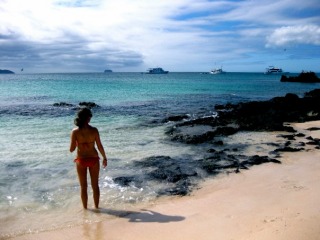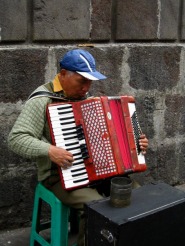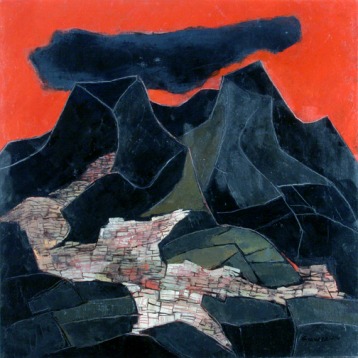todo es posible en ecuador
The Two Sides of Ecuador
Socioeconomic inequality is a major problem throughout Latin America,
which can be accredited to colonialism, neoliberalism, periods of authoritarianism, etc.
Click here for a description of Ecuador's history.
While in Ecuador, I bore witness to two very distinct worlds living within the same nation:
which can be accredited to colonialism, neoliberalism, periods of authoritarianism, etc.
Click here for a description of Ecuador's history.
While in Ecuador, I bore witness to two very distinct worlds living within the same nation:
The Ecuadorian Upper Class and Tourism:

Galapagos Islands: An upperclass privilege
- Galapagos Islands -- a very controversial issue for Ecuadorians. One of the world's richest natural environments, where Darwin researched his theory of evolution, and it all belongs to the state of Ecuador. However, most Ecuadorians will never experience the Galapagos, simply because they cannot afford their reduced travel price. It remains a privilege granted only to the upper class and tourists. Another major issue is tourism outpacing preservation of the area's rich flora and fauna. Click here for an article about environmental conservation in the Galapagos.
- Westernized Markets -- A so-called supermarketization has hit urban Ecuador, which brings more choice to those that can afford the American name-brands, but devastates the market for which many rural farmers are dependent. Click here for a page on my thoughts on this trend.
- Quito -- Mariscal District, aka "gringolandia" represents how the rich and tourists live in Ecuador, with Americanized luxuries and high-end bars, etc.
- Tourism brings in a lot of revenue, and thus touristic areas are usually more economically stable than the rest of Ecuador. Tour guides are often native English speakers, and tourist businesses have often been contracted from outside of the country. There is a sort of Catch-22, because the country stands to gain from tourism, but too often it only benefits an elite few.
- Cumbayá, a very Americanized suburb of Quito -- filled with shopping malls, car dealerships, insurance companies, Ecuador's finest university, and other luxuries that most of Ecuador neither afford nor attain.
The Lower Class World:

Beggar plays for money in Quito
- Quito -- dangerous districts, homelessness/beggars, litter
- Structural injustices such as less access to education, health care, sanitation, transportation
- Esmeraldas -- a Pacific coastal town where primarily Afro Ecuadorians reside. It is one of the poorest regions in Ecuador. Click here for a page on the political, social, and economic marginalization of Afro-Ecuadorians.
- Environmental devastation -- deforestation and oil spills have stained the Ecuadorian countryside, where mostly indigenous peoples reside. Read more of my thoughts and view a video on this issue here.
Latin America is the most unequal region in the world.
And addressing this inequality is essential in order for future growth and justice to occur.
Currently, the region's poor are gaining political grounds via effective mobilization and protests,
which can lead to a better representation of their interests in the region's policies --
eventually reconstructing the past and thus narrowing the gap between rich and poor.
For more information, check out the Current Issues page.

